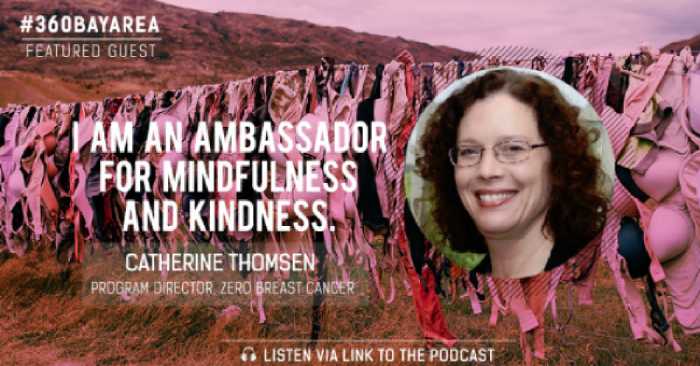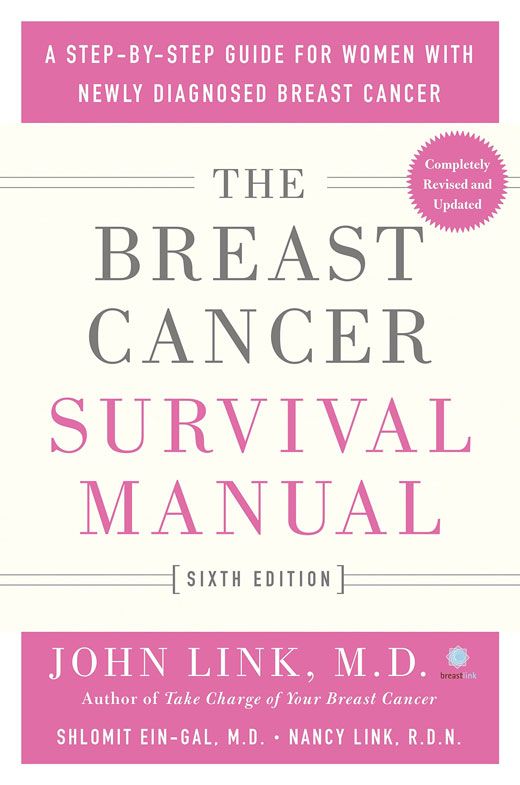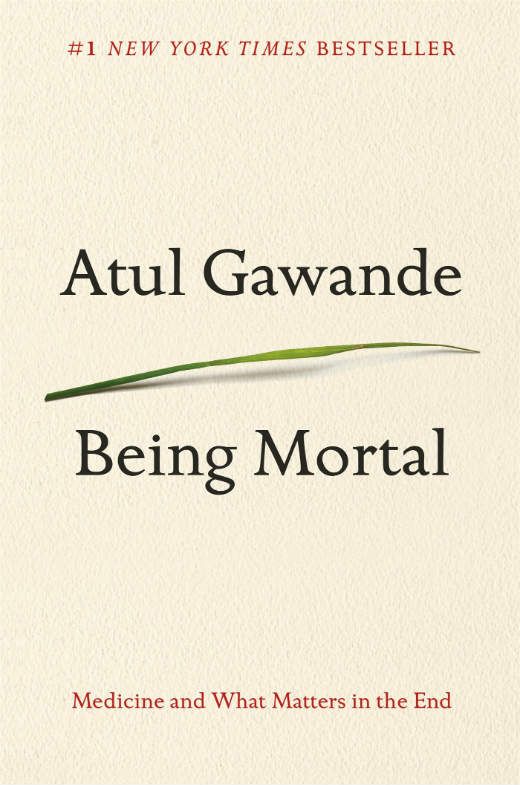Blog
- Details

While truly every day is a good day to say “I love you” to the special people in your life, Valentine’s Day is a beautiful moment where we may go the extra mile with a special gesture. With over an estimated $18 billion spent annually for the holiday nationwide, it is a wonderful opportunity to vote with your dollars and support healthier options for farmers, workers, and our loved ones who are all a part of this global love story.
We are excited to share our suggestions for a healthy, safe, and sweet holiday!
- Details

Welcome to 2018!
Entering the new year is often a time for self reflection and new commitments to changing something about your life in order to be healthier, happier, and more at peace. For many women, a better relationship with food is something that they strive for anew on an annual basis and is challenging to resolve.
With an eye towards integrating rather than avoiding, we want to share some easy to use techniques to tackle hunger cravings that can help make this new year one where healthy new habits are formed.
- Details

Zero Breast Cancer is excited to share that our Program Director, Catherine Thomsen, is a featured guest on the November 360BayArea podcast. Titled Beyond the Pink, the episode explores the breast cancer topic from unique angles that go beyond the pink ribbon in order to understand genuine and diverse personal experiences of women who are diagnosed or had loved ones who have had breast cancer.
- Details
Thanks to Janelle for giving us permission to share her story.
"You're such a delicate creature. You need to think about all the delicacies of being a woman."
- Random Doctor, after tossing a breast implant at me
So, this was my most recent Me Too moment - navigating the male-centric world of cancer treatment.
I'd kept my diagnosis pretty private for the first couple of months while I processed, letting only those closest to me know. Some women are so brave to share their story, I haven't been one of them. I knew I didn't want this disease to own or define me, and so I’ve taken my time in deciding how to speak about it -and Breast Cancer Awareness Month and all the countless other women sharing their Me Too stories gave me some courage.



